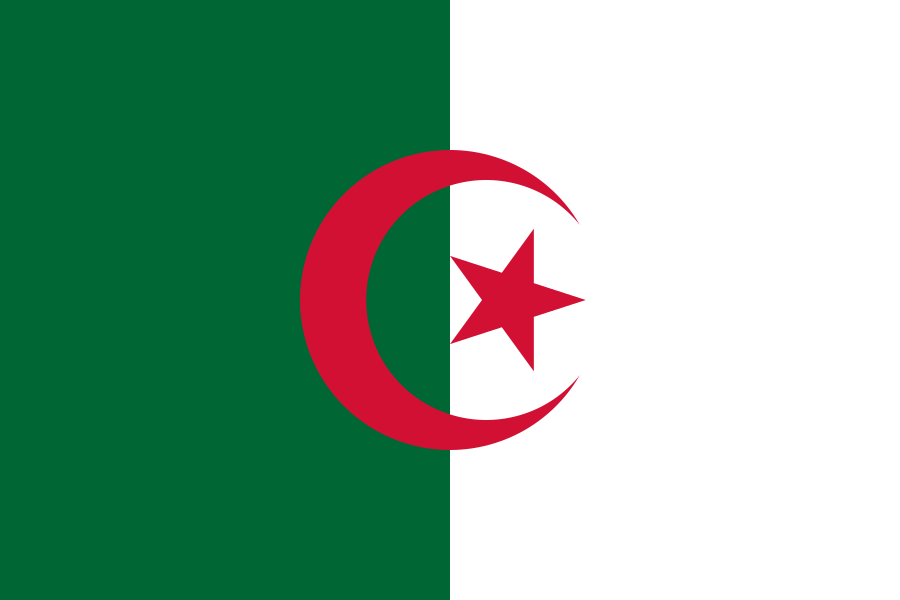Algeria and the Hague Convention
Algeria is not party to the Hague Convention on Protection of Children and Co-operation in Respect of Intercountry Adoption (Hague Adoption Convention). Therefore, when the Hague Adoption Convention entered into force for the United States on April 1, 2008, intercountry adoption processing for Algeria did not change.
Algerian family law is based on an interpretation of Islamic Shari'a law. Algerian courts appoint a legal guardian ("Kafil" - see Algerian statute No. 84/11, articles 116 through 125) for a child. Such legal guardianship (called a "kafala") is treated as the functional equivalent of adoption. If a child has a known parent, the guardian can only be selected from blood relatives of the child (i.e., the child's next of kin). Obviously, if a child's parents are unknown, that does not apply. The prospective adoptive parent can request that the child's name be changed when the biological father of the child is unknown. However, if the identity of the child's biological mother is known and the biological mother is living, a formal consent deed for the name change must be executed by the biological mother. The executed consent deed is then attached to the name change request file, and decided upon by the president of the relevant Algerian court at the referral of the prosecutor. Algeria is the only Muslim country which will authorize a name change for an orphan. Any prospective adoptive parent of an Algerian child should start the application for a kafala at the Algerian Embassy in Washington, D.C.
